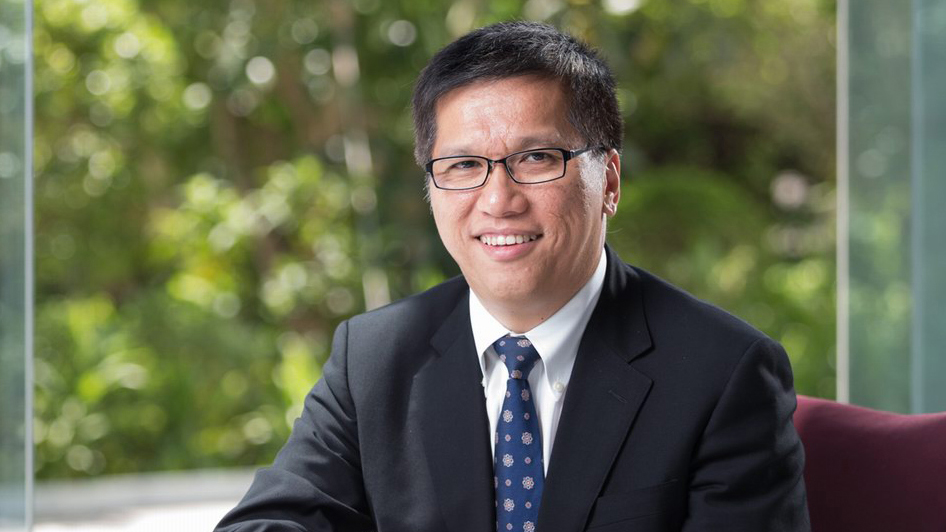Does an MBA Matter as Much as It is Made Out to Be?

Commenting on the question: “Is an MBA Worthwhile?” Dean Chan told Caixin that MBA programmes can nurture students’ leadership and problem-solving skills.
Young people who have entered the job market for only a few years may think they could re-open the doorway to an alternative career path by going back to school for an MBA. Nevertheless, the market has been flooded with a variety of options for MBA and EMBA programmes, which has raised the question: Does an MBA matter as much as it is made out to be? Alibaba Group Founder and Chairman Jack Ma has repeatedly expressed his opinions in several open events that MBA is worthless, and it is well known that he is against the idea of sending his staff to study for an MBA.
Commenting on the question: “Is an MBA worthwhile?” Prof. Kalok Chan, Dean of The Chinese University of Hong Kong (CUHK) Business School and Wei Lun Professor of Finance, shares in an interview with Caixin that MBA programmes can nurture students’ capabilities in certain areas such as leadership and problem-solving skills. These can contribute to enhancing the profitability of the businesses the students are working with. Furthermore, Dean Chan disagrees that studying for an MBA is worthless to students’ career development. He iterates that MBA courses provide students with intensive training, such as practical business case studies, problem-solving and team-building activities, as well as internship opportunities at big corporations. As such, MBA students will be able to equip themselves with professional leadership and interpersonal skills within a year or two. More significantly, MBA students can apply the concept of social responsibility that they have learned in their respective workplaces.
As part of its widening anti-corruption campaign, the Chinese government has banned “leading cadres” within the Communist party, the government and state-owned enterprises (SOEs) from signing up for costly business training courses, including EMBA, unless they have gotten the official approval and pay the tuition fees themselves. Those already on such programs have to quit immediately.
Dean Chan indicates that the new policy does not have a big influence on CUHK Business School’s EMBA and EMBA (Chinese) programmes. He cites the CUHK EMBA (Chinese) programme as an example and explains that about 50 students are admitted each academic year. Although most of the students are from the mainland, the majority are working at private companies rather than in the government or SOEs. He also emphasises that the Business School admits EMBA applicants who are committed to academic research instead of purely for the purpose of networking… Read More (PDF)
This story has also been reprinted by numerous online media outlets in mainland China so far, including NetEase《網易》(PDF), MBAlib.com《MBA智庫》(PDF), MBAChina《MBA中國網》(PDF)and more.
These media stories are available in Chinese only.
As a side note, Prof. Chan was interviewed by four top-tier media outlets on 16 January 2015 in Beijing, including Caixin《財新》, China Family Business Review《家族企業》, Economic Daily《經濟日報》and NetEase《網易》.
Source: Caixin《財新》
Date published: 5 February, 2015

